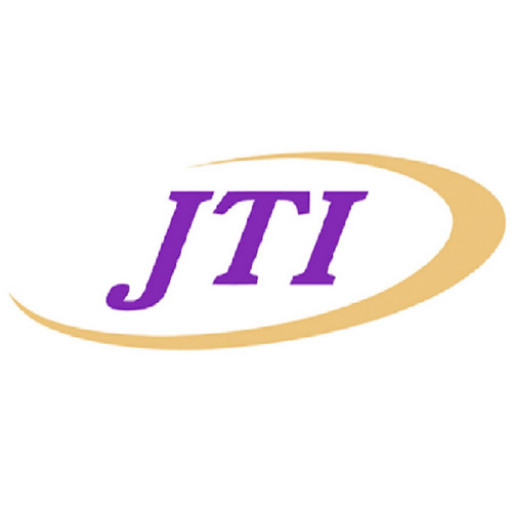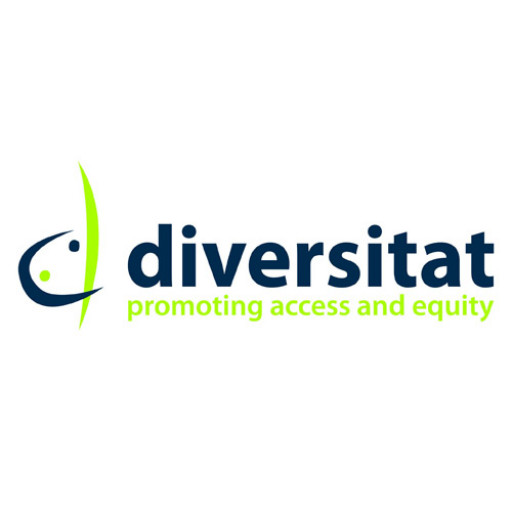Photos of university / #rmituniversity
The Graduate Certificate in Career Education and Development develops basic competencies in careers advising/counselling. It is particularly suitable for individuals who whom careers advising/counselling is one of the that they play (e.g. livelihood instructors, student counsellors, information directors, rehabilitation counsellors, occupation officers, recruiting specialists and private practitioners).
The RMIT careers program is endorsed by CICA and so facilitates membership of affiliated professional associations such as: Career Education Association of Victoria (CEAV), Career Development Association of Australia (CDAA), National Association of Graduate Career Advisory Services (NAGCAS), Career Education Association of Western Australia (CEAWA), Careers Advisors Association of NSW and ACT (CAA) and Queensland Association of Student Advisors (QASA).
Successfully completed an Australian Bachelor degree (or equivalent overseas qualification), or Significant job experience or professional practice.
The Royal Melbourne Institute of Technology offers various financing options for students enrolled in the Careers Education and Development program. Students can access government loans and funding schemes, such as the Commonwealth Supported Places (CSP), which significantly reduce the tuition fees for eligible domestic students. For those who do not qualify for CSP, there are fee-paying options that require students to settle their tuition fees directly through the university’s designated payment plans. RMIT also provides external scholarships, grants, and bursaries based on academic achievement, financial need, or specific demographic criteria to assist students in funding their studies. Additionally, students can consider part-time work opportunities either on campus or within the local community to support their financial needs during their course duration. RMIT offers flexible payment schedules, allowing students to pay their tuition in installments over the semester, thereby easing the financial burden. International students usually need to account for full tuition fees upfront and may seek external financial support or education loans from private financial institutions, depending on their home country's agreements and available banking services. The university provides guidance and counseling services to help students navigate their financing options and plan their budgets accordingly. Furthermore, students can explore external funding sources including industry sponsorships, employer sponsorships, and professional associations related to careers education and development. The university’s financial aid policies are designed to be comprehensive and supportive, ensuring that students have access to necessary resources to successfully complete their program without undue financial hardship. Overall, RMIT’s commitment to accessible education is reflected in the diversity of its financing options, which aim to accommodate the varied financial circumstances of its student body.
The Careers Education and Development program at RMIT University offers students comprehensive training and practical experiences designed to prepare them for effective career planning and development within various professional contexts. This program emphasizes the development of key skills such as career counselling, guidance strategies, and the promotion of employability skills tailored to diverse industries. Students will explore contemporary issues in career development, including workforce changes, career transitions, and the role of technology in career services. The curriculum incorporates both theoretical frameworks and applied practices, enabling graduates to work confidently in career advisory roles, HR departments, educational settings, and community agencies. As part of their training, students participate in internships and industry placements that facilitate real-world experience, fostering connections with employers and industry professionals. The program also addresses diversity and inclusion, equipping students to support individuals from varied backgrounds in their career journeys. Graduates are prepared for roles such as career consultants, employment officers, community workers, and educational staff specializing in student career services. The program is delivered through a combination of lectures, workshops, case studies, and group projects, all designed to enhance students' practical skills and theoretical understanding. RMIT’s strong industry links and focus on applied learning ensure students are well-equipped to meet current and emerging workforce demands. Additionally, the program supports ongoing professional development and lifelong learning for those already working in related fields, emphasizing reflective practice and evidence-based approaches. Overall, the Careers Education and Development program at RMIT provides a robust foundation for students committed to making a meaningful impact in the field of career support and development, contributing to individual success and broader community well-being.








